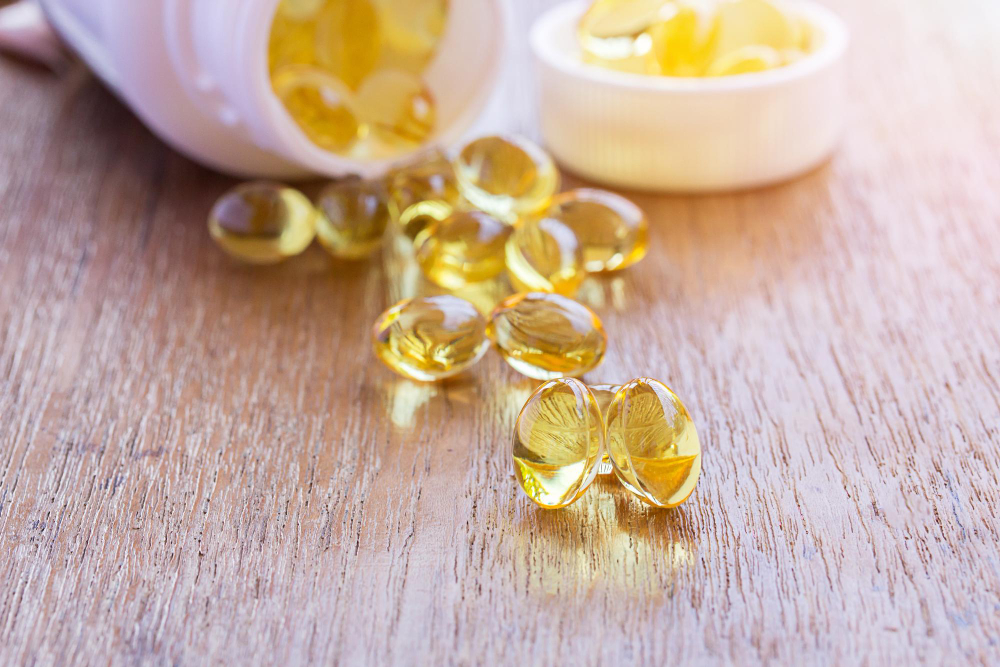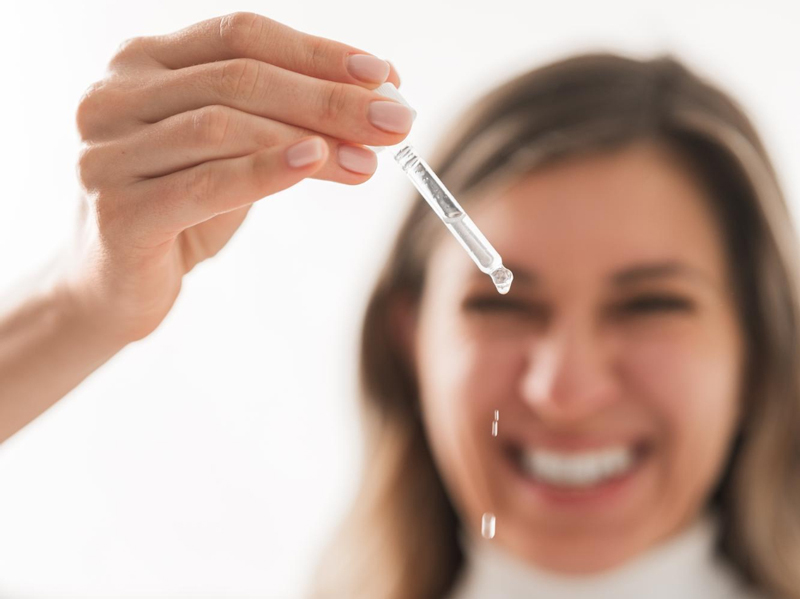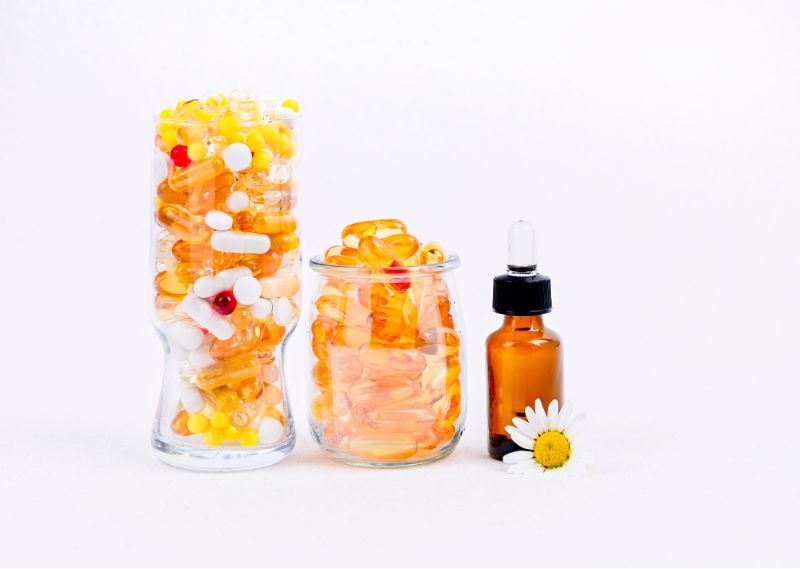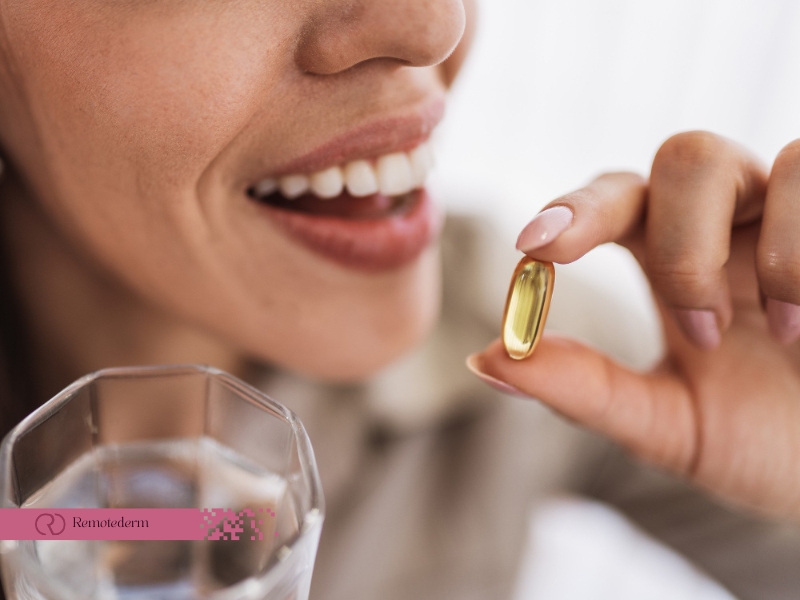Many people throughout their lifetime struggle with getting rid of acne, which is a prevalent skin condition. This challenge lasts for quite some time because effective acne treatments have not yet been discovered. Recently, Vitamin E, which is a strong antioxidant, has been found to have the potential for healing acne as well as erasing acne scars. To achieve a smoother skin, this article explains the ways through which Vitamin E can help with acne and acne scars.
Understanding Acne
Many people go through acne during their time of growing up but what exactly is it? This skin condition usually appears on the face, back, or shoulders and shows itself with pimples; blackheads being other forms it may take. Hair follicles get clogged with oil and dead skin cells which in turn causes blockages that lead to cysts, pustules (pimples), whiteheads (milia), as well as blackheads (comedones). Common causes include hormonal changes due adolescence/puberty; also certain foods can trigger acne development such as chocolate bars although this has not been scientifically proven so far; stress levels within oneself could also contribute towards having more breakouts than usual – likewise genetics play a part too!
What is Vitamin E?
Vitamin E is an antioxidant that protects the skin from free radicals which cause damage. It keeps your skin healthy and enhances its appearance and texture. This vitamin consists of eight fat-soluble elements namely tocotrienols and tocopherols among others and is available in different forms including creams, oils, supplements etc. You can get Vitamin E through diet by eating foods like broccoli nuts seeds spinach or apply it topically on the body surface using oils, creams, serums etc.
Vitamin E and Skin Health
Vitamin E is important for healthy skin, because it has two benefits. It can protect the skin and repair it. In fact, vitamin E’s impact on skin care has been so widely acknowledged due to its ability to foster vibrant health and better appearances of the skin.
- General Benefits of Vitamin E for Skin: Vitamin E is known for its healing and moisturizing properties. It also helps reduce scars’ visibility, while maintaining skin elasticity.
- Antioxidant Properties: Free radicals are prevented from causing premature aging and damaging the skin through powerful antioxidants such as vitamin E.

How Vitamin E Helps with Acne?
Treating acne-prone skin with vitamin E has many advantages. Its special properties help to reduce pimples as well as the marks or scars left by them after they are gone; this is why it works so effectively:
- Reducing Inflammation: The Anti-inflammatory properties of vitamin E can help reduce acne inflammation and redness.
- Healing Properties: It also aids in regenerating skin that is why it heals the already existing acne sores while preventing scarring.
- Regulating Oil Production In The Skin: By regulating sebum production it also regulates skin oil production henceforth lessening chances for pores to be clogged.
Is Vitamin E Good for Acne Scars?
One of the key uses of Vitamin E on acne scars is stated as making them look better. People choose it frequently because they believe that it can increase the rate at which damaged skin is repaired as well as replaced with new skin cells during the process of scar minimization.
Effectiveness on Acne Scars
Applying vitamin E may help fade acne scars with time by promoting new growth of skin cells. Continuous use can also make scars less noticeable which in turn makes the skin appear smoother and more even toned. Also, the moisturizing properties in vitamin E keeps the affected area hydrated for proper healing.
How to Use Vitamin E for Acne Scars
To benefit from vitamin E for acne scar reduction effectively you can take the following steps:
- Direct: Apply vitamin E cream or oil onto the affected regions only through a topical method.
- Combined therapy: For better outcomes use alongside other scar remedies.

Benefits of Vitamin E Cream
Vitamin E cream offers an easy method of applying the antioxidant to your skin directly thus helping in moisturizing it and curing you.
Best Practices for Using Vitamin E
To effectively use Vitamin E, one must know the right amount and must blend it with other skincare treatments. Adhering to the recommended amounts so as not to experience any side effects for an overdose may lead to skin irritation.
Combining vitamin E with other medications for pimples like retinoids or benzoyl peroxide is okay but better if you see a doctor first. This way you will be sure that they are compatible with your skin type and condition, hence highly effective. Such tips on how best utilize this element allow a person to enjoy good results while at the same time reducing any dangers associated with it.
Choosing the Right Vitamin E Product

When picking a Vitamin E product which will work best for your skin, you have to choose carefully. You should consider the type and the quality of the Vitamin E and make sure that they fit the needs of your individual skin.
Natural vs. Synthetic Vitamin E
The Natural Vitamin E is usually more efficient and less likely to cause irritation compared to synthetic forms. You should search for the products with 7d-alpha-tocopherol8 label if you want a natural Vitamin E rather than 7dl-alpha-tocopherol8 which signifies that it’s synthetic.
Top Recommended Products
On a daily basis, incorporating appropriate amounts of Vitamin E into your regimen will not only improve general well-being but also enhance beauty routines. Some of the best-recommended items for reaping the advantages brought about by using vitamin E include;
- Pure vitamin E oil works best for targeted application.
- Vitamin E Cream is great for general skin health.
- Supplement Capsules are ideal for dietary consumption.
If you want safe treatments and personalized recommendations, consult with a skin specialist. For quick and professional advice on taking care of your skin, consider using an online acne dermatology service in Canada.
Final Thoughts
Vitamin E possesses numerous prospects and possible treatments concerning acne and diminishing acne marks. Even though outcomes may differ, it has been discovered that applying Vitamin E as part of your daily skincare routine coupled with a healthy diet and lifestyle could bring about significant changes. Before commencing any new treatments, always make sure to consult with a dermatologist so that they can advise you on whether or not it is suitable for your skin type.
FAQs
Can vitamin E make acne scars worse?
Yes, though this is uncommon the oily texture of vitamin E could potentially cause more breakouts in some people. Before a product is widely launched, it should be patch-tested.
How long does it take for vitamin e to work on acne scars?
You must use vitamin E topically every day for at least two months before your skin changes and acne scars start fading.
Is vitamin E oil or cream better for acne scars?
Both work well. Since oils can target specific areas of the skin effectively while creams generally promote overall skin health.
Can you combine Vitamin E with other acne treatments?
Yes, it is safe to use other products that contain vitamin E. For this to cause no problems of interaction between different care components, you should consult your dermatologist before.
